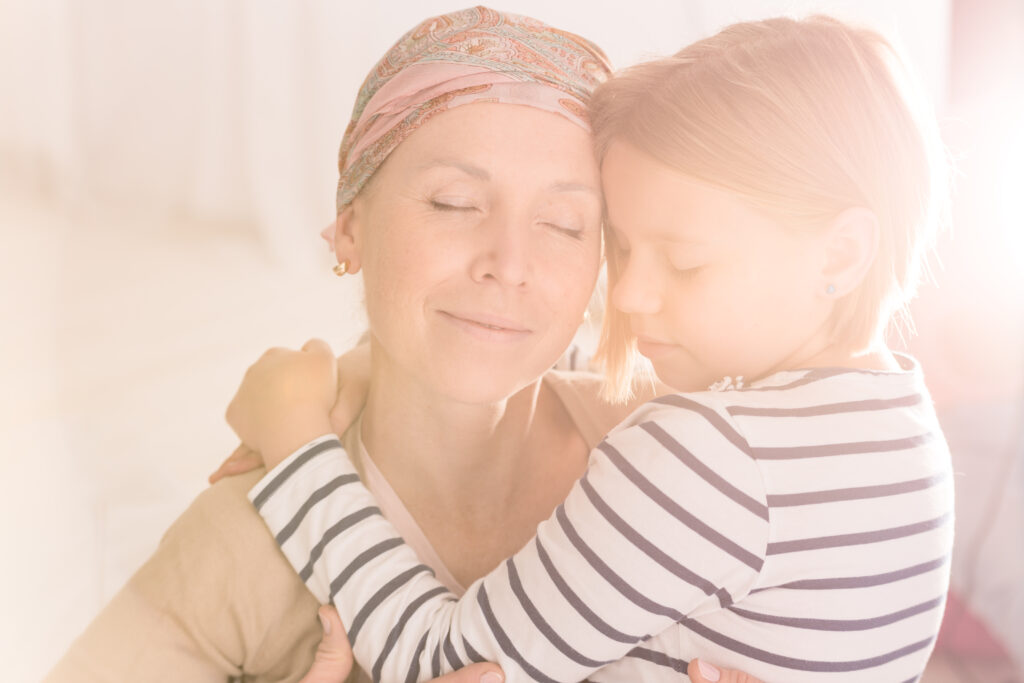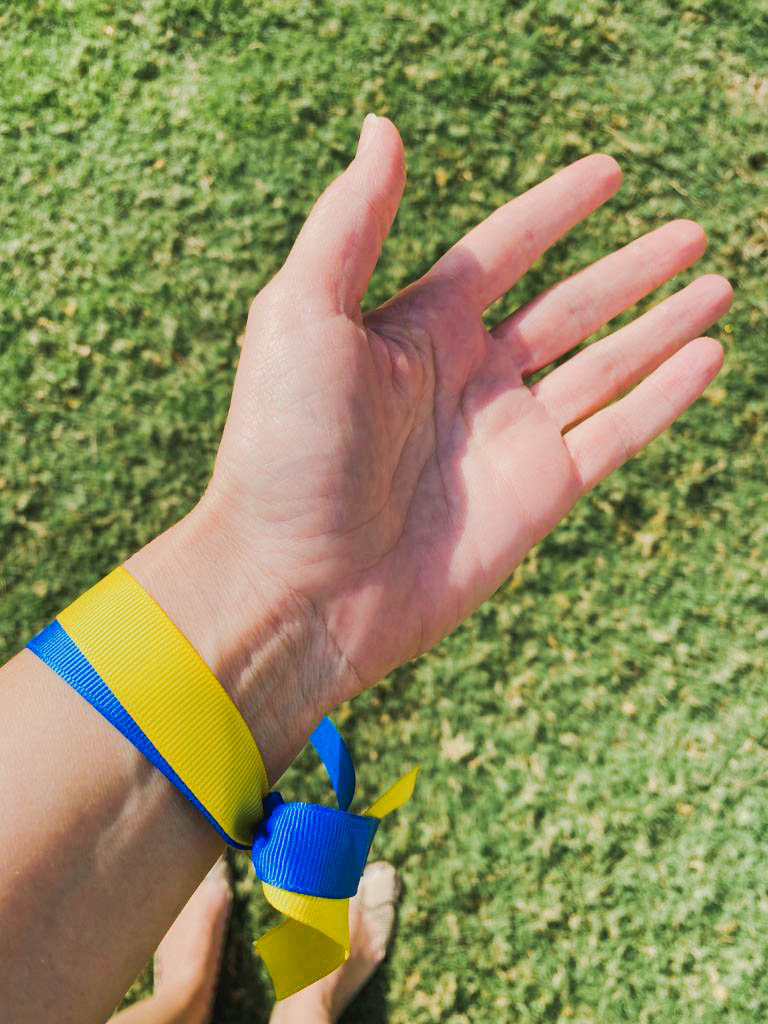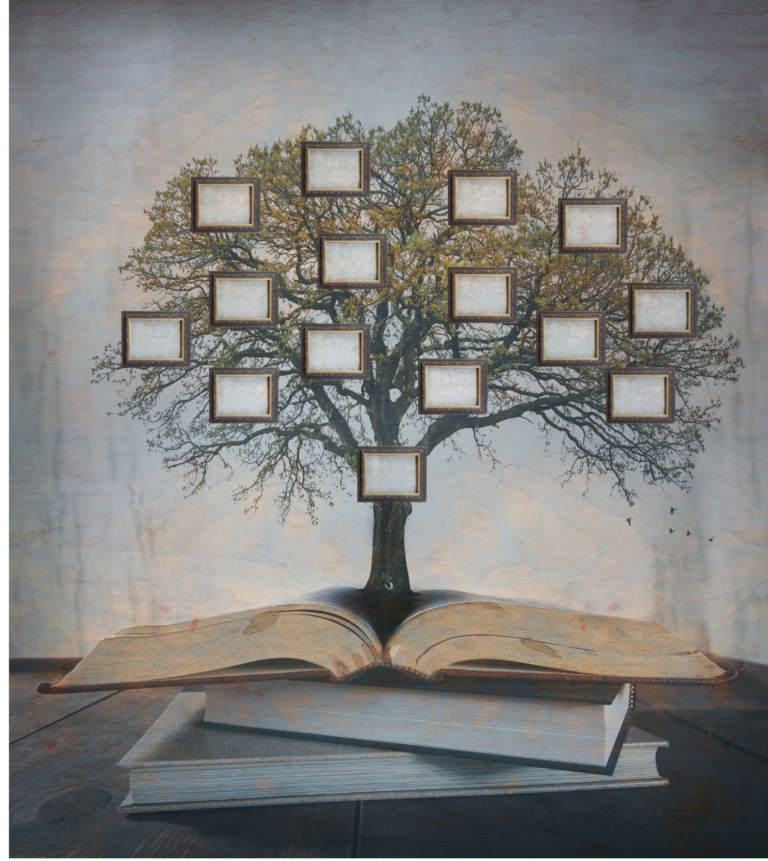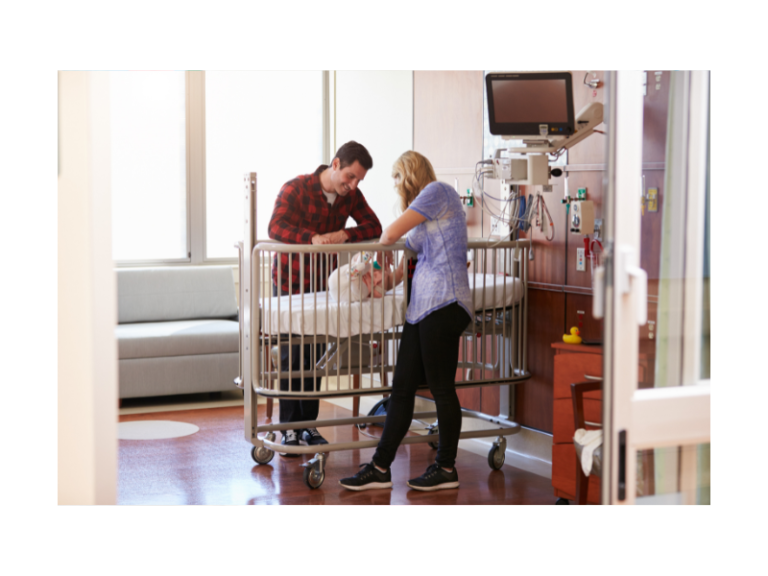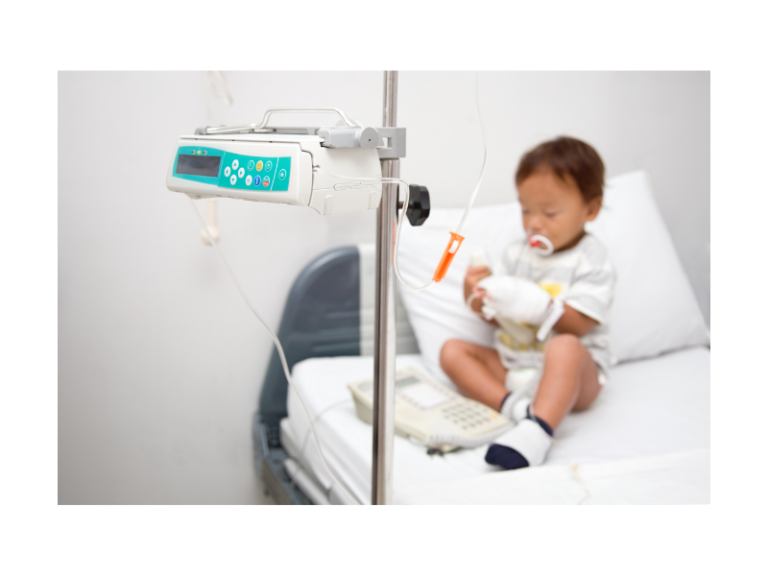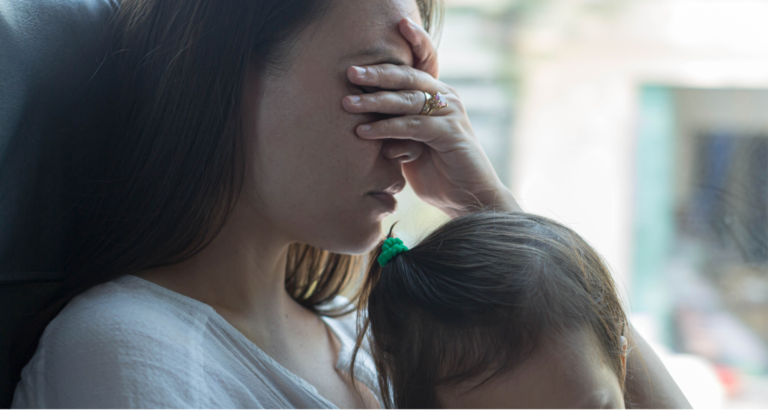Parenting is hard. Parenting with unresolved childhood trauma is extremely difficult. As parents we must make sure that we have grown to the wisdom that comes with all the responsibilities of parenting. One signs of inner wisdom is contentment with our own lives and the ability to manage ourselves and our own emotions. How can we possibly be a source of calm, nurturing and safety for our children if we are still battling old wounds.
Many of our parents didn’t have the best childhood and some have gone through significant trauma. Sometimes traumatic experiences become blocked, frozen in time, leaving behind wounds that desperately need healing.
As parents we owe it to the next generation not to pass our traumas, wounds, anxieties, resentments, or even feeling of victimhood onto our children. When we heal our own trauma, we can give our children the a psychologically and emotionally healthy upbringing.
Why did so many parents have unpleasant childhoods themselves? This is due to various reasons.
1. Access to parenting knowledge
All the parenting knowledge we have today from parenting books, blogs and social media didn’t exist in the previous generation. So many of our parents had to just intuitively know what to do or repeat what they learned from the generation before them.
2. Collective traumas
Many parents especially in the Middle East have lived through wars, revolutions, mass migration, unbelievable losses, instability and adversities. Life was about survival, getting shelter and safety. Parents did the best they could with what they had. Many parents didn’t know how to provide buffers or cushions against some of the child’s experiences. They did not know much about childhood development.
One client once told me in therapy that he and his family were walking through a bombed site in their home city. They saw bodies and blood everywhere, buildings ruined. His parents told them in a matter of fact way that this place was bombed. For this family living in constant fear was just their “normal” way of life.
3. Unique life experiences
Besides collective adversities, every family and every parent has grown up with their own set of circumstances unique to them. Some grew up with parents with addictions or alcoholism. Some had with parents with an untreated mental illness, while some with a mother who had undiagnosed postpartum depression.
According to a report by WHO postpartum depression globally is estimated to be as high as 100-150 per 1000 births. Let’s bring this number to life for a moment. This means that 1 in 10 people you know, were potentially emotionally and physically neglected.
In the Middle East due to the involvement of family and grandparents and the presence of maids and nannies, physical neglect is less likely. However, the early bonding attachment with the mother is much less likely to develop when the mother is depressed. The baby needs primary caregivers to be both emotionally and physically present. Only then can a secure attachment develop. The parent needs to respond to the baby’s cues with warmth. They need to soothe a distressed baby.
If you talk to people you know, you will find that they had significantly unpleasant experiences that they have never really talked about or worked through. Many of them had the most loving and well intentioned parents.
Childhood experiences such as divorce, parents’ infidelity, domestic violence and economic hardship can impact your ability to parent. Other difficult experiences, such as bullying, problems at school, harsh punishments, abuse, neglect, medical problems, and accidents can further complicate the picture of the now adult parent.
Traumatized parents
Parents need help in healing from their own traumas . They need to be aware of their own emotional world so that they don’t let their past get in the way of connecting with their child.
A parent who has unresolved trauma, can become easily triggered at the smallest things resulting in various manifestations of trauma. These manifestations can be such as depression, anger, addiction, anxiety or panic, obsessive compulsive behaviors, and even somatic issues and chronic physical pain. Trauma can put our brain into survival mode (fight-flight-freeze). This is an ancient reptilian brain response that does not involve rational thought.
For example, a parent who grew up in an abusive family environment might get extremely angry when their toddler is playing loudly. The parent will go into ‘fight’ mode and express their unresolved anger by shouting at the child.
The child’s brain, in turn, goes into survival mode. The child’s stress response will be either freeze, fight or flight. Children who freeze are too compliant out of fear. Some children go into fight mode and throw a tantrum, kick, or bite. Children who are in flight mode run away, are highly anxious, or hide. Over time a child’s stress response can have long term negative consequences. the child may develop behavioral problems, concentration problems, relationship problems and increases the likelihood of developing emotional health problems.
Healing from trauma
Trauma betrays us. It catches us off guard. Trauma can get passed on from one generation to the next when left untreated.
In order to provide our children with our calm presence we must first recognize and acknowledge our own past suffering and heal them.
Many people are terrified of the idea of thinking or talking about their past. This is actually quite common. When we avoid talking about certain topics we protect our emotional system from becoming overwhelmed. There is no shame in having blocked out or even forgotten aspects of our past.
However, if you find yourself getting “triggered,” and caught up in unhelpful patterns of behavior, you are inadvertently creating an unhealthy environment for your child. When you shout, disciplining your children harshly, or are irritable, you and the home are not safe for the child. In other words, the blocking out or avoidance is no longer working for you.
Rather than repeating your parents’ shortcomings, be the kind of parent that you always wanted when you were a child. Doing that is much harder said than done. In fact, it is impossible if you don’t first acknowledge your own traumas, heal from them and lay them to rest. A skilled trauma therapist can help you through that. Trauma treatment would be the best investment in you and your children’s emotional life you could ever make.
Contact Dr Ava to discuss treatment for trauma.
Dr. Ava Ghasemi (Holdich) is a licensed Psychologist with 11 years experience in the U.S., Canada and the Middle East. She has a practice of individual and couples therapy at the MapleTree Center in Dubai.

